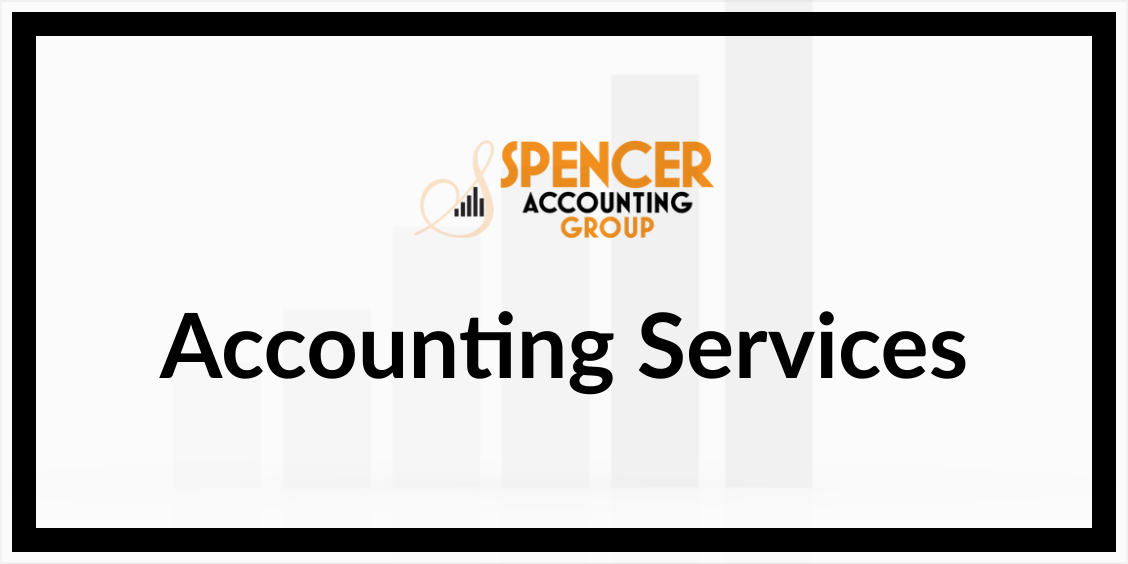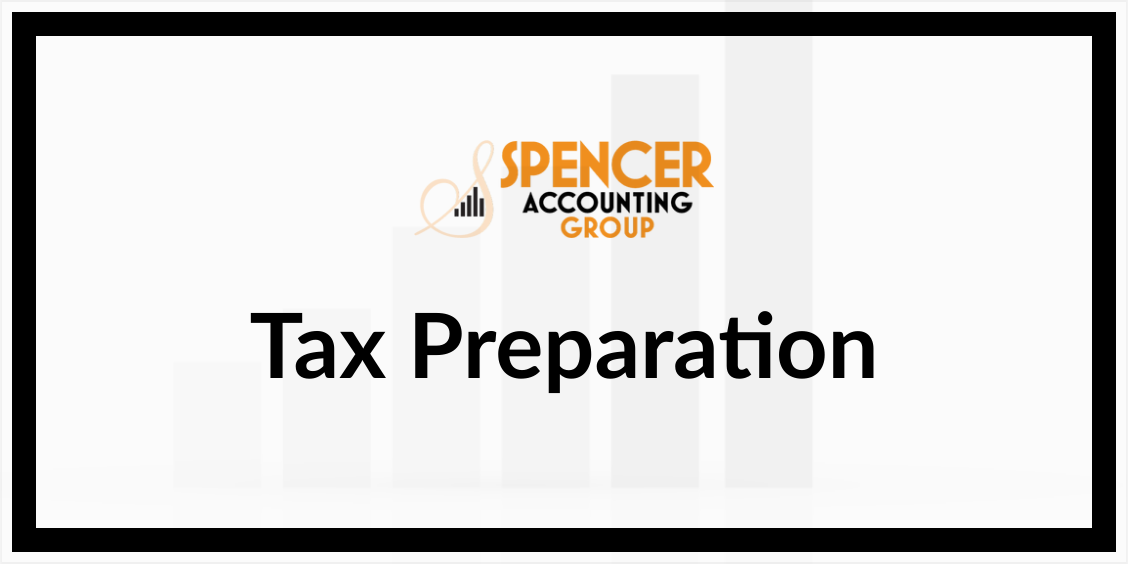 Capital Gains is defined as selling an asset for more then your purchase price, which will make a Capital loss the exact opposite. Capital Gains occur on personal and business assets. If you buy a Tractor for $10,000 and sell a few months later for $15,000 you have a Capital Gain. Now if you sell the asset for less then $10,000 you have a Capital Loss. The length of time matters when dealing with Capital Gains. If you hold the asset for over a year it is a long term Capital Gain and is taxed at a lower rate. Whereas if you sell the asset like the example above you have a Short term Capital Gain and it is taxed at a higher rate. The 2018 Tax Rate for Long Term Capital Gains are taxed 0%-20% depending on your filing status and Income, Whereas Short Term Capital Gains are taxed at 10%-37% depending on your filing status and Income. Therefore, it is advantageous to hold your item for over a year therefore you will benefit from the lower tax bracket. In the event that Holding the asset for more than one year isn't possible here are some strategies to reduce your tax liability. 1. Rebalance with dividends. Rather than reinvest dividends in the investment that paid them, rebalance by putting that money into your underperforming investments. Typically, you’d rebalance by selling securities that are doing well and putting that money into those that are underperforming. But using dividends to invest in underperforming assets will allow you avoid selling strong performers — and thus avoid capital gains that would come from that sale.
2. Offset Capital Gains with Capital Gain Losses. In the event your investment the market is doing what you expected, and the value of your asset goes down instead of up, You may be able to take advantage of that mishap via a tax break. If your capital losses exceed your capital gains, you may be able to use the loss to offset up to $3,000 of other income. If by chance your losses exceed $3,000 the amount can be carried forward to future years to offset capital gains or income in those years. 3. Use tax-advantaged accounts. Your individual retirement accounts, in which the investments grow tax-free or tax-deferred. You don’t have to pay capital gains tax if you sell investments within this type of account. Roth IRAs in particular have big tax advantages. Qualified distributions from those are tax-free. 4. Don't Gift Stock with Losses. If you have the Opportunity to sell a publicly traded stock at a loss, Do Not Gift the Stock to Charity 501(c)(3). If you sell the stock you have a tax loss that you can deduct, if you donate the stock to charity you lose that tax deduction.
0 Comments
Leave a Reply. |
We're Here to HelpGet advice from our experienced network of financial managers. If you Value our Blog, We have an ask.We spend hours researching data to help you understand your finances and taxes, including historical context, issues, and solutions. Our goal is to empower people to improve their relationship with money. Please consider a $3 donation today. Important Disclosures
Spencer Accounting Group, LLC does not provide investment, tax, legal, or retirement advice or recommendations in these blogs. The information presented here is not specific to any individual's personal circumstances. AuthorKeana Spencer is an Accountant, Entrepreneur, and Educator to her clients, with a strong passion. Keana has over 10 years of experience and through her practice, she is a source of knowledge and strategies to her clients. |

 RSS Feed
RSS Feed




